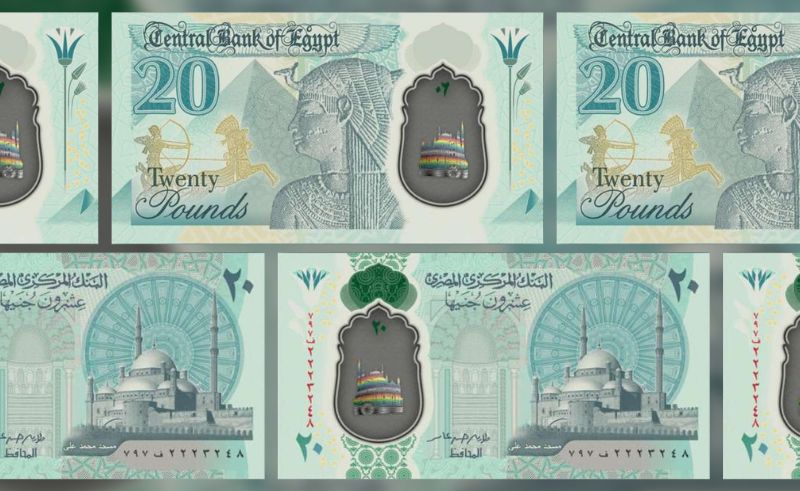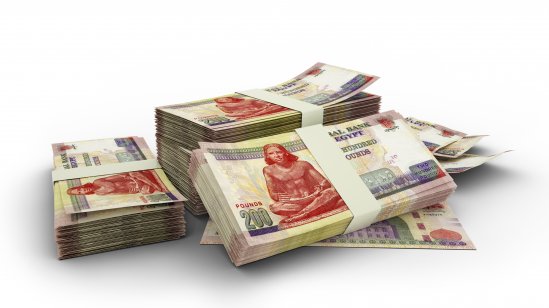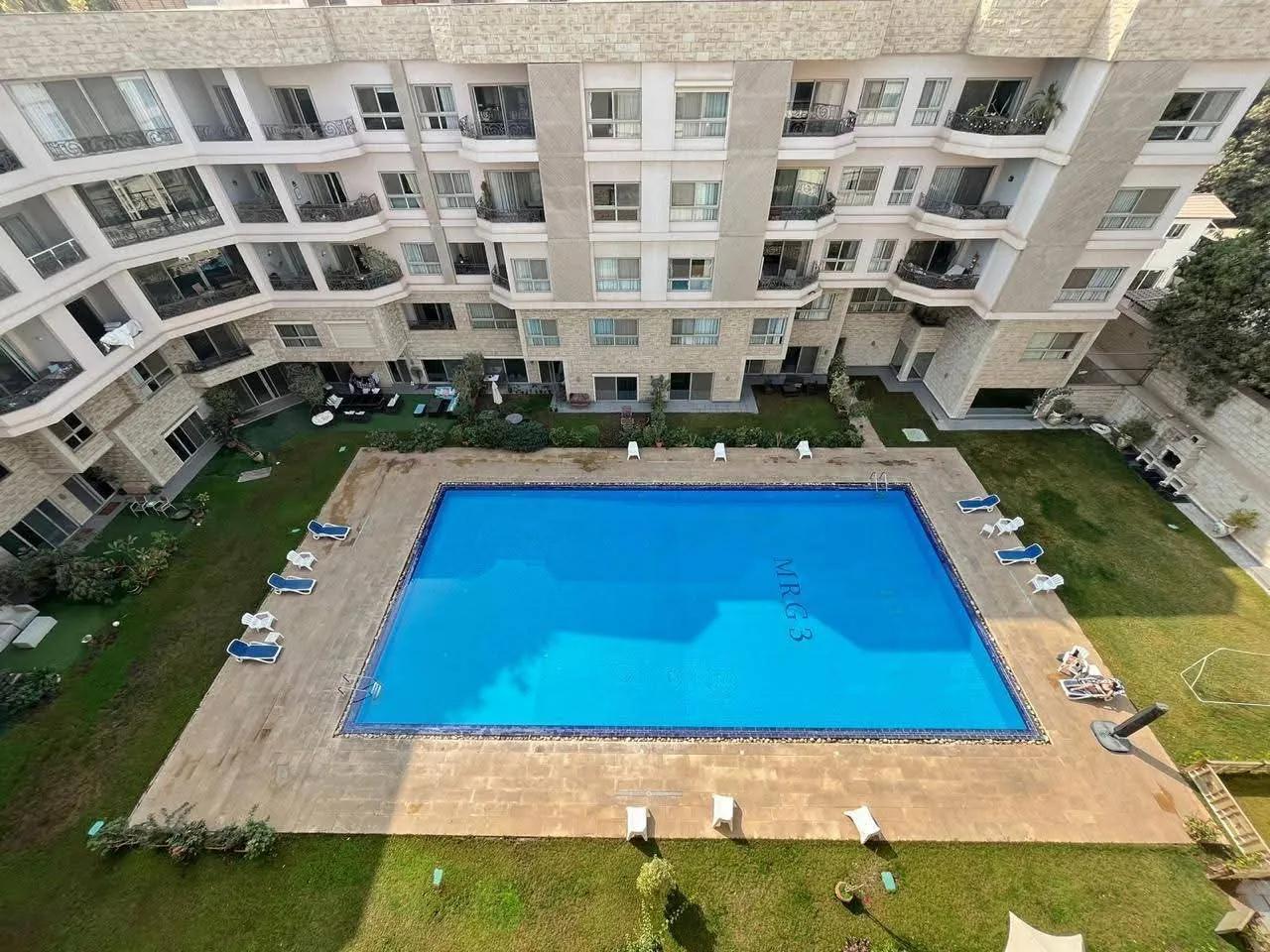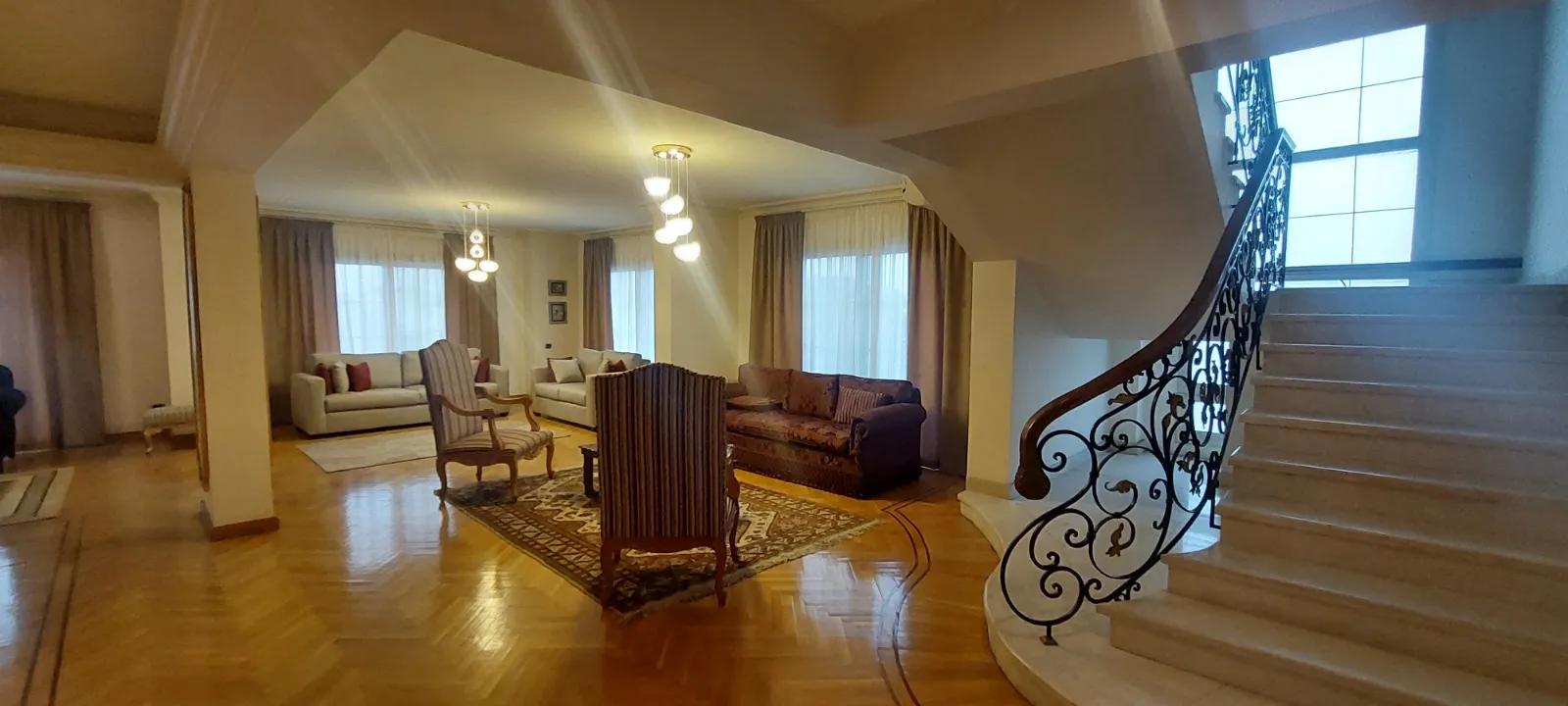The Impact of EGP Devaluation
الكاتب
Ali Ashour
الوقت
9 دقيقة
اللغة
الانجليزية
كتبت بتاريخ:
2/3/2024
تم التحديث:
4/15/2024
egyptian pound devaluation starts since 2016, when the Central Bank of Egypt (CBE) decided to float the currency in an attempt to stabilize the economy and attract foreign investment.
egyptian pound devaluation has had significant effects on various sectors of the Egyptian society, including the real estate market. In this article, we will explore how the EGP devaluation has affected the real estate market in Egypt in general, and in maadi egypt in particular, one of the most popular and affluent neighborhoods in Cairo.
The Causes and Consequences of egp devaluation
egyptian pound devaluation was a result of several factors, such as the political instability and security challenges that followed the 2011 revolution, the decline in tourism and foreign direct investment, the high inflation and budget deficit, and the shortage of foreign currency reserves.

· The CBE decided to float the EGP in November 2016, allowing the market forces to determine its value. The move was accompanied by a series of economic reforms, such as cutting subsidies, raising taxes, and implementing a value-added tax (VAT).
· The EGP devaluation was also a condition for securing a $12 billion loan from the International Monetary Fund (IMF) in 2016.
· The EGP devaluation had both positive and negative consequences for the Egyptian economy and society.
· On the positive side, the EGP devaluation boosted the competitiveness of Egyptian exports, increased the remittances from Egyptians working abroad, attracted more foreign investment and tourism, and improved the balance of payments.
· On the negative side, the EGP devaluation increased the cost of living for most Egyptians, as the prices of imported goods and services, such as food, fuel, electricity, and health care, soared.
· The EGP devaluation also increased the public debt and the interest rates, and reduced the purchasing power and the savings of the Egyptian people.
Trends and Challenges of The Real Estate Market in Egypt
The real estate market in Egypt is one of the most important and dynamic sectors of the economy, as it contributes to about 15% of the GDP and employs about 8% of the labor force.

The real estate market in Egypt is also influenced by several factors, such as the population growth, the urbanization, the housing demand and supply, the income distribution, the consumer preferences, the government policies, and the macroeconomic conditions.
· The real estate market in Egypt has witnessed several cycles of boom and bust over the past decades, depending on the political and economic situation of the country.
· The real estate market in Egypt experienced a boom in the 2000s, as the government implemented several reforms to liberalize and regulate the sector, such as issuing new laws, establishing new authorities, and creating new cities and zones.
· The real estate market in Egypt also benefited from the high demand for housing, especially from the middle and upper classes, who sought better quality and security.
· The real estate market in Egypt also attracted a lot of foreign and local investment, as well as speculation, which drove the prices up.
Real estate market challanges
However, the real estate market in Egypt suffered a setback after the 2011 revolution, as the political and security turmoil deterred many buyers and investors, and reduced the consumer confidence and the economic activity.

· The real estate market in Egypt also faced several challenges, such as the oversupply of luxury and high-end properties, the undersupply of affordable and low-income housing, the lack of infrastructure and services, the high cost of land and construction, the bureaucracy and corruption, and the legal and regulatory uncertainties.
· The real estate market in Egypt started to recover after the 2013 coup, as the political and security situation stabilized, and the government launched several mega-projects, such as the new administrative capital, the new Suez Canal, and the new cities and roads.
Is there is any benefits of egp devaluation ?
The real estate market in Egypt also benefited from the egp devaluation as it increased the demand for real estate as a hedge against inflation and currency risk, and as it made the Egyptian properties more attractive and affordable for foreign buyers and investors.
· The real estate market in Egypt also witnessed a shift in the consumer preferences, as more people opted for gated communities, compounds, and integrated developments, which offered more amenities and security.
Features and Opportunities of The Real Estate Market in Maadi
Maadi is one of the most popular and affluent neighborhoods in Cairo, located on the east bank of the Nile, about 12 kilometers south of the city center. Maadi was established in 1904 by a British-owned company, as a suburban residential area for the expatriates and the elite. maadi cairo is known for its greenery, tranquility, and diversity, as it hosts many foreign embassies, schools, churches, and clubs, as well as a mix of Egyptians and foreigners from different backgrounds and cultures.
· The real estate market in Maadi is one of the most stable and resilient in Egypt, as it enjoys a high demand and a low supply, which keep the prices high and the vacancy rates low.
· The real estate market in Maadi is also characterized by its diversity and quality, as it offers a range of properties, from villas and apartments, to studios and penthouses, with different sizes, styles, and prices.
· The real estate market in Maadi is also influenced by its location and accessibility, as it is close to the city center, the airport, and the new administrative capital, and as it is well-connected by the metro, the ring road, and the corniche.
The real estate market in Maadi
The real estate market in maadi cairo has been affected by the egp devaluation but not as much as other areas in Egypt. The EGP devaluation has increased the cost of renting and buying properties in Maadi, especially for the Egyptians, who have to pay more in EGP for the same value in USD or EUR. The egp devaluation has also increased the demand for properties in Maadi, especially from the foreigners, who can pay less in USD or EUR for the same value in EGP. The egyptian pound devaluation has also created some opportunities for the real estate market in Maadi, such as:
· Increasing the attractiveness and competitiveness of maadi egypt as a destination for foreign buyers and investors, who can benefit from the lower prices, the higher returns, and the favorable exchange rate.
· Encouraging the development and renovation of Maadi, as the owners and developers can invest more in improving the quality and the value of their properties, and as the government can allocate more funds for upgrading the infrastructure and the services in Maadi.
· Enhancing the diversity and the innovation of Maadi, as the real estate market can cater to the different needs and preferences of the customers, and as the real estate sector can adopt new technologies and solutions to improve the efficiency and the sustainability of Maadi.
Causes and Effects of Egypt Black Market Exchange Rate
The egypt black market exchange rate is the unofficial and illegal rate at which the US dollar is exchanged for the Egyptian pound in the parallel market.
· The egypt black market exchange rate is usually higher than the official rate set by the Central Bank of Egypt (CBE), as it reflects the supply and demand of the foreign currency in the market.
· The egypt black market exchange rate is influenced by several factors, such as the political and economic situation of the country, the availability of foreign currency reserves, the confidence of the investors and the consumers, and the government policies and interventions.
· The egypt black market exchange rate has a significant impact on the Egyptian economy and society, as it affects the prices of goods and services, the inflation, the purchasing power, the investment, the trade, and the public debt.
In conclusion, we have provided you with a comprehensive overview of the EGP devaluation, its impact on the real estate market, the reasons behind it, and the challenges facing the real estate sector in Egypt. If you are interested in booking a property in el maadi cairo, our real estate company offers a diverse range of distinctive apartments and properties in Egypt at competitive prices.






